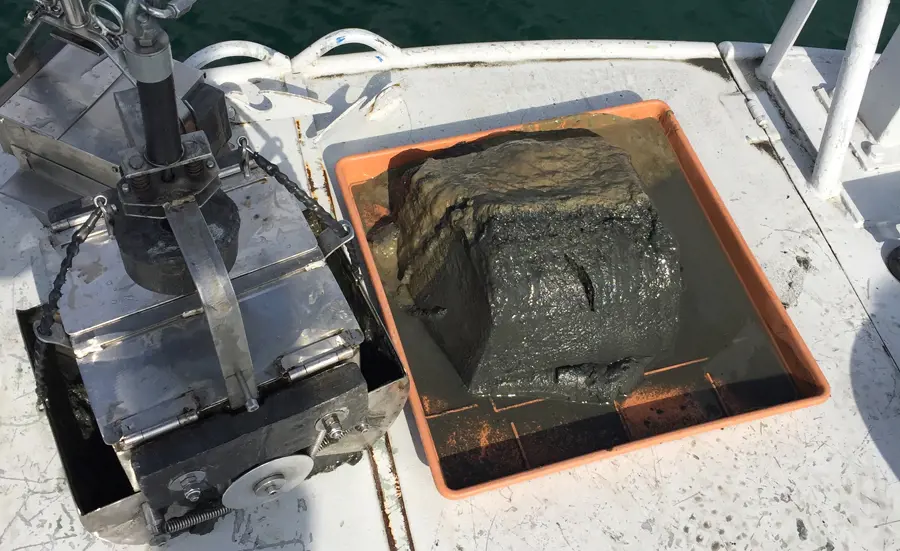
27. October 2016, Topic: Aquatic Ecotoxicology Sediment Ecotoxicology
Sediment storage conditions influence biotest results
The sampling of sediments for following analyses sets off a chain of sediment changes that cannot be stopped. Usually it’s recommended to store sediment samples in the refrigerator in the dark at 4 ° C and keep the storage time as short as possible. However, the short storage time is difficult to maintain if numerous sediment samples are to be tested in biotests. In this case, sediment samples are often frozen since the freezing is believed to prevent or at least slow down undesired reactions.
However, new results from the Ecotox Centre show that freezing has a pronounced influence on the toxicity of sediments. When the sediments were tested shortly after sampling, 40% of the samples caused an ostracod mortality of over 20%. If the samples were frozen and thawed before the test, the mortality was over 20% in less than 5% of the samples. The effects on ostracod growth were even more dramatic: while before freezing, 60% of the sediment samples inhibited the growth of the ostracods by at least 20%, not a single sample did so after freezing. The cause of these results has not yet been found so far, but the message is clear: Be careful when storing sediment samples for biotests!

